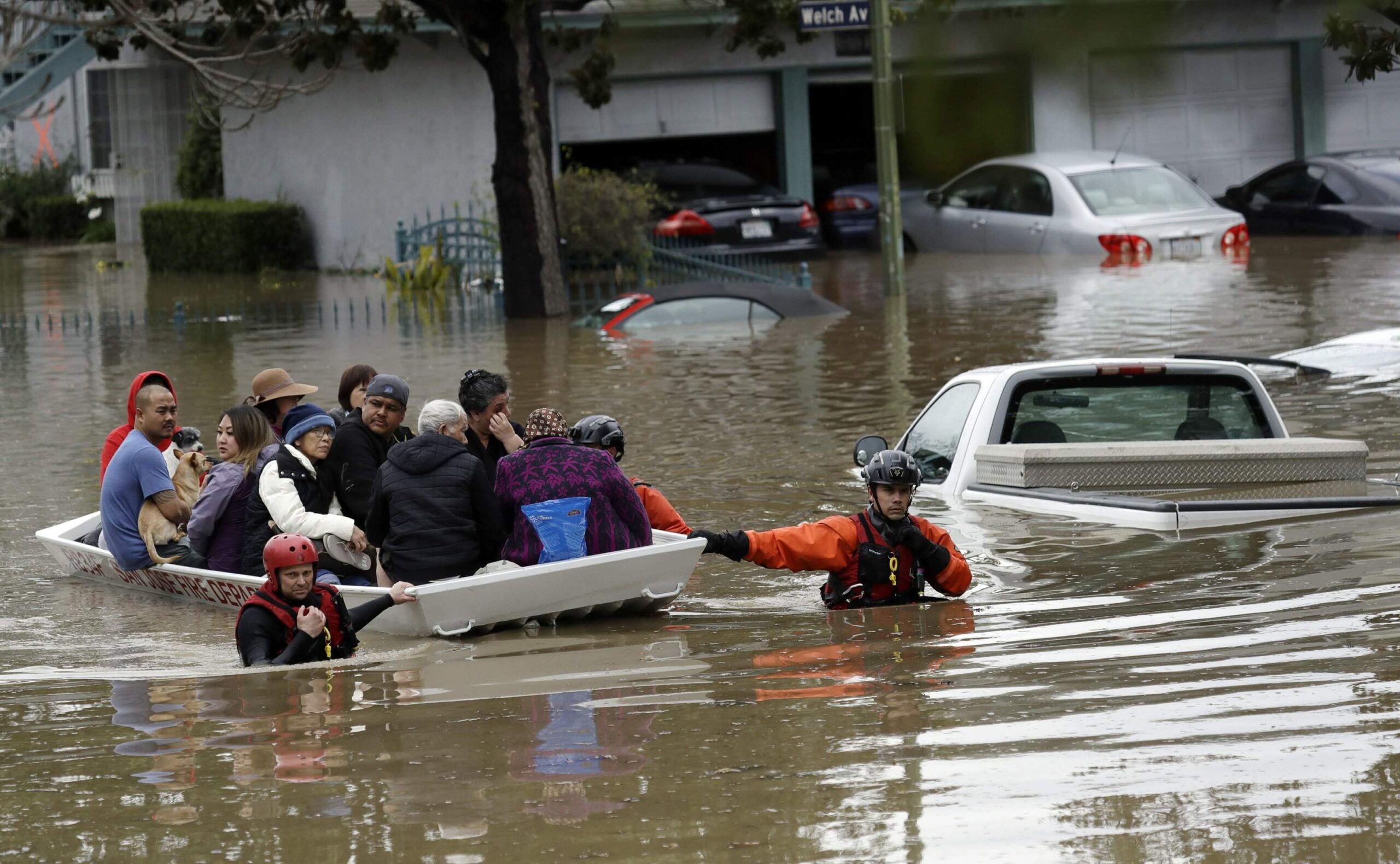Global warming caused by the increase in the emission of Greenhouse Gases (GHG) affects millions of people on the planet, and is currently considered the main accelerating factor in the worsening of the food crisis and the emergence of new diseases. Recent data from the World Health Organization (WHO) indicate that between 2030 and 2050 there will be an increase of 250,000 deaths per year caused by problems related to climate change and its impacts. And what is most alarming is that the people who will suffer the most from the consequences of global warming are those who least contribute to it: people below the poverty line who live in less economically favored communities and countries and suffer from food insecurity.
2022 was a year of a lot of activity on climate change. We follow the tragedies that devastated less developed countries like Pakistan and Angola, which accounted for thousands of homeless and dead after disasters caused by floods. These events place these populations – which are already vulnerable – in a condition of dependence on international humanitarian aid. In order to be able to provide these people with minimum conditions for survival and to be able to rebuild themselves, various institutions and organizations linked to the fight against hunger, eradication of poverty and the circular economy around the world, mobilize on behalf of those who suffer from environmental damage. Climate disasters such as floods, storms, fires and heat waves often cause irrecoverable damage in broken societies, as they devastate planting areas and sources of drinking water, in addition to creating favorable environments for the appearance of new diseases and the proliferation of others already known. .
Proposals for the Climate Crisis that will Mitigate Food Insecurity
Severe droughts, floods, deterioration of water resources and water scarcity already directly impact food production in the world. The concern with adequate food, one of the rights enshrined in the Universal Declaration of Human Rights, has been the subject of conferences such as COP27 (Acronym in English for Conference Of the Parties), held in Egypt at the end of 2022. The United Nations Conference on Climate Change pointed to significant losses in the cultivation of countless foods essential to subsistence in several countries. The resolution of the meeting is that actions be implemented from 2023 to restore confidence that global efforts will be carried out, guaranteeing access to food for populations affected by the climate, based on the following resolutions:
– Creation of International Investment Funds for damages;
– Increased development of mitigation and adaptation measures to climate change and its impacts;
– Setting a global pace for climate action;
– Strengthening of national targets for reducing GHG emissions.
– Ensuring that areas affected by natural disasters receive international financial aid to offset the losses suffered, in conjunction with national plans that have bolder commitments in their NDCs (Nationally Determined Contribution) which consists of the nationally determined or intended contribution, which highlights the mitigation of climate change, including climate-related targets for the reduction of greenhouse gases.
All these resolutions will make it possible to remove programs from paper with the actual implementation of the agenda to fight and eradicate hunger and extreme poverty.
In places where climate catastrophes occur, people experience devastating realities: they are homeless, without prospects and susceptible to the incidence of various diseases related to lack of food, unhealthy conditions and health structures.
Global Health Systems Need to Adapt to the Climate Agenda
According to the United Nations (UN), climate change is the greatest threat to human health today. Data from the Organization indicate that, by 2030, expenditures in the order of U$ 4 billion per year will be necessary to repair damage caused to health related to the climate.
Global health systems need to adapt to this catastrophic new reality. Developing countries that lack adequate health infrastructure will suffer the most. Investment programs in the development of local green economy projects and in clean and renewable energy matrices will be decisive for the transformation of the realities of the countries most affected by ecological disasters such as the ones we are experiencing today. These programs will provide these communities with broad and free access to health systems suitable for the prevention of diseases, whose treatments are already available. Also in immediate aid to victims of environmental disasters, safely and efficiently.
By 2030, it is important that investments and project implementation take place at a faster pace, as people are suffering and losing their lives depending on aid programs, not only financially, but also for structuring proposals for local actions. It is important that the nations that need international funds are prepared to apply the resources efficiently, in projects that will in fact restore dignity, health and hope to the populations in the affected areas.




